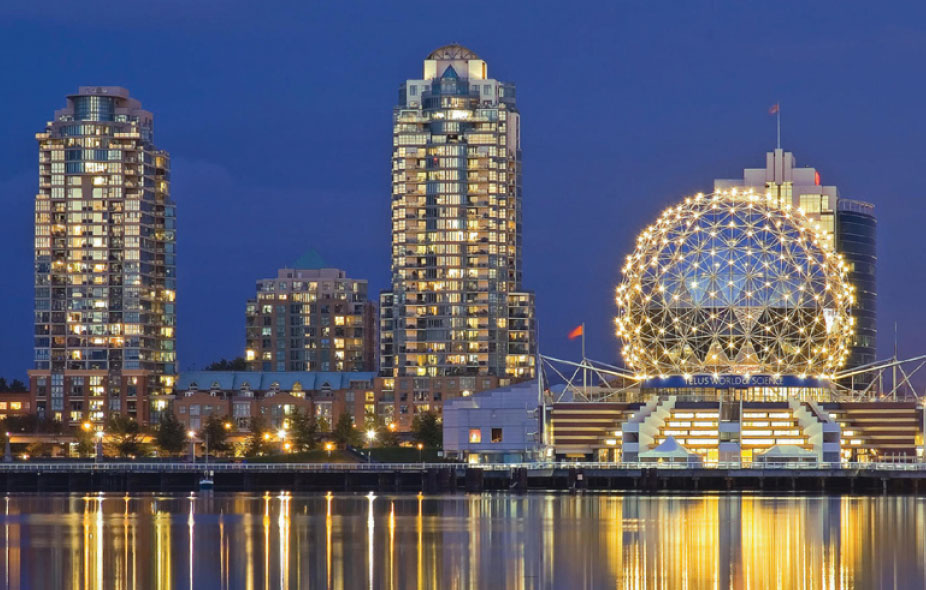Which is the best city in the world to live in? Every year, the Economist Intelligence Unit (EIU) conducts a fascinating survey to determine which cities around the world “provide the best or worst living conditions”. It uses factors such as climate, transport, education, safety, and recreational facilities in cities. It gives scores for each, and ranks the cities in order – from the best to the worst.
For the year 2014, the top 10 cities came from Australia, Canada, Europe, and New Zealand. Melbourne in Australia had the highest score, which means it is the most ‘liveable' city. Some famous cities came in the top 20, such as Tokyo (19th) and Paris (17th). Perhaps surprisingly, Osaka (13th) had the best score in Asia.
Cities with major conflicts tended to score the lowest. In these countries, living conditions were the most difficult or dangerous. Among the worst cities on the list were Dhaka in Bangladesh, Tripoli in Libya, and Douala in Cameroon.
However, some other organisations and individuals would like to add other factors to the index. They say that a city's green space, urban sprawl, natural features, cultural attractions, convenience, and pollution should be added to the list.
